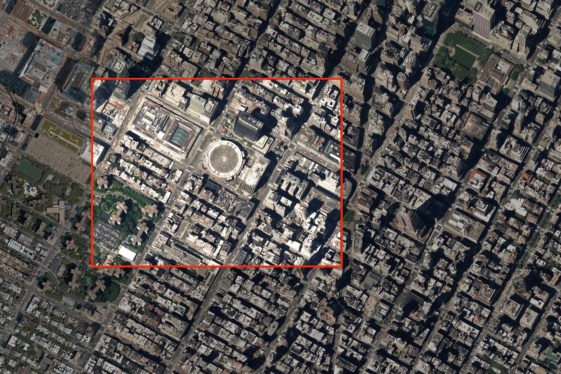The Friday ruling from the U.S. Court of Appeals for the Fifth Circuit, which covers Louisiana, Mississippi, and Texas, has sent shockwaves through privacy advocates and legal experts across the country. The court determined that geofence warrants, which allow police to query location data on a massive scale, are categorically prohibited by the Fourth Amendment. This landmark decision effectively bans the use of geofence warrants in the three states for the time being.
Background on Geofence Warrants
Geofence warrants, also known as "reverse" search warrants, have been controversial since their introduction. They enable police to draw a map around a crime scene and demand that companies like Google provide all location data from devices within that area at a specific time. These warrants are widely used by law enforcement agencies in criminal investigations.
The Ruling and Its Implications
The Fifth Circuit Court of Appeals ruled that accessing Google’s vast repositories of user location data does not constitute a "search" under the Fourth Amendment. This ruling upholds the legality of geofence warrants across these states. However, the decision in the Fifth Circuit differed from a similar case heard last month in the Fourth Circuit, which covered North Carolina, South Carolina, and Delaware.
The Quintessential Problem with Geofence Warrants
The court emphasized that geofence warrants are inherently problematic because they allow law enforcement agencies to track the movements of individuals without their knowledge or consent. This erosion of privacy rights is deeply troubling, as it undermines the very principles enshrined in the Fourth Amendment.
Expansion of Privacy Protections
The ruling comes at a time when privacy concerns have gained significant momentum. The decision reinforces the importance of protecting individual privacy and underscores the need for careful consideration of the potential consequences of law enforcement actions.
Controversy and Criticism
Despite the ruling, many privacy advocates remain concerned about the potential impact on public safety and civil liberties. Critics argue that the government has no legitimate interest in using geofence warrants without stricter oversight or more robust protections for individual privacy.
Conclusion
The Fifth Circuit’s decision to strike down geofence warrants is a significant blow to law enforcement agencies relying on this tool for criminal investigations. However, it also serves as a reminder of the delicate balance between public safety and individual privacy that must be maintained in any society.



